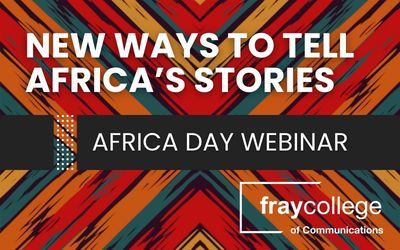
by Mamaponya Motsai | Mon, Jun, 2022 | Story
To commemorate and celebrate Africa Day this year, fraycollege hosted a webinar titled: New Ways to tell Africa’s stories, with a focus on how new mediums of communication, like TikTok, Documentation, Podcasting, and Virtual Reality, and how they are used as tools to tell African stories and control our own African narrative.
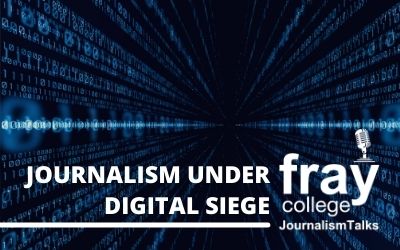
by Mamaponya Motsai | Mon, May, 2022 | Story
The theme for Press Freedom Day this year was “Journalism under Digital Siege”. It looked at issues regarding media censorship and the harassment and violation of journalists’ rights. The fraycollege #JournalismTalks Twitter Space, hosted by Fray on May 5th, aimed to understand and touch on the transparency of digital platforms, empowering citizens with media and informed literacy and media viability.
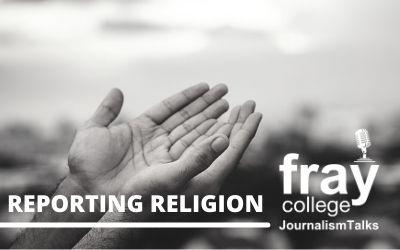
by Mamaponya Motsai | Wed, May, 2022 | Story
In April this year, millions celebrated Passover and Easter, and are participating in Ramadan. Faith plays an integral part in the lives of many Africans, influencing their art, culture, and way of life. However, the practice of faith is largely absent in mainstream media, which has one asking the question: is religious coverage not really a story enough?
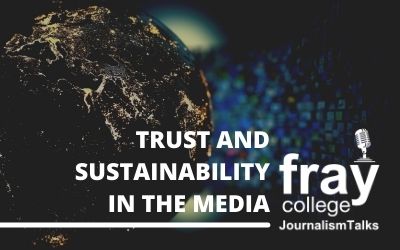
by Mamaponya Motsai | Fri, Apr, 2022 | Story
Trust is part and parcel of a healthy media ecosystem, said International Press Institute (IPI) chair Khadija Patel. Patel was speaking on a panel looking at trust and sustainability. The Twitter Space was hosted by fraycollege CEO Paula Fray who was joined by Professor and Director of the Centre for Film and Media Studies at the University of Cape Town, Herman Wasserman, News24 Assistant Breaking News Editor Sheldon Morias and Sonny Swe, founder and CEO of Frontier Myanmar.
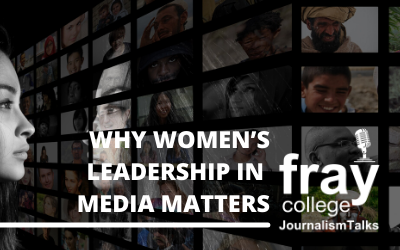
by Mamaponya Motsai | Fri, Apr, 2022 | Story
What is the impact of women leadership in the media? Do we lose anything by not putting women in leadership positions in the media space? Can we make changes that ensure more women take up leadership roles in the media? These were some of the questions addressed in the fraycollege JournalismTalks Twitter Space hosted by fraycollege CEO Paula Fray.
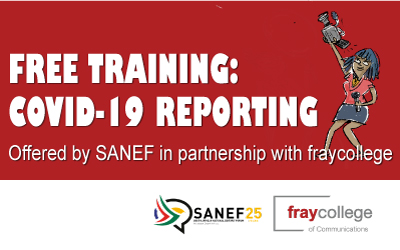
by Mamaponya Motsai | Wed, Mar, 2022 | Story
Community plays a pivotal role in informing our communities. Journalists in this sector, and other sectors such as mainstream, have in the past two years played a masterful role to inform their audiences. This training will come in handy as we empower our journalists to be upskilled, as they report on this pandemic, and other challenges in the near future.






